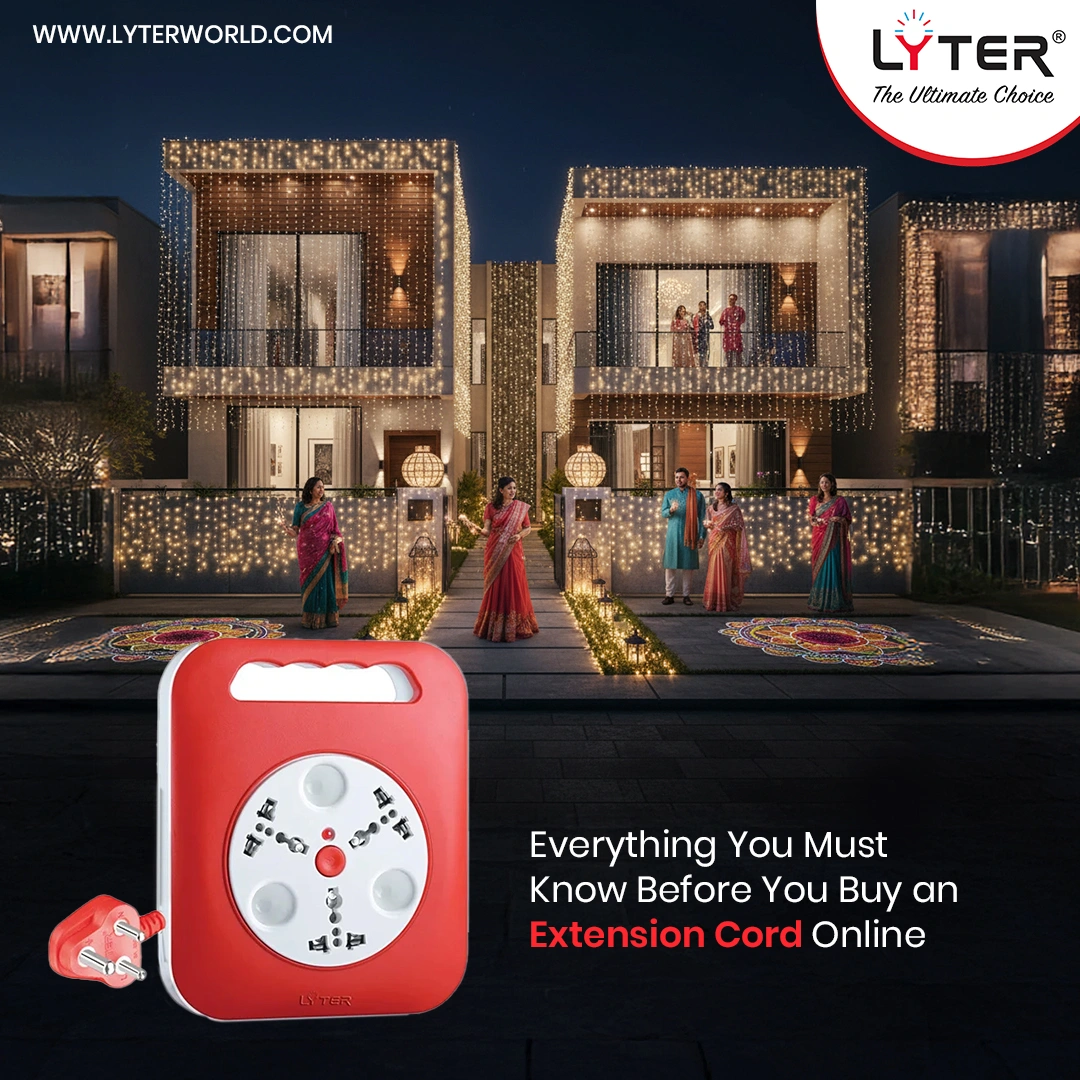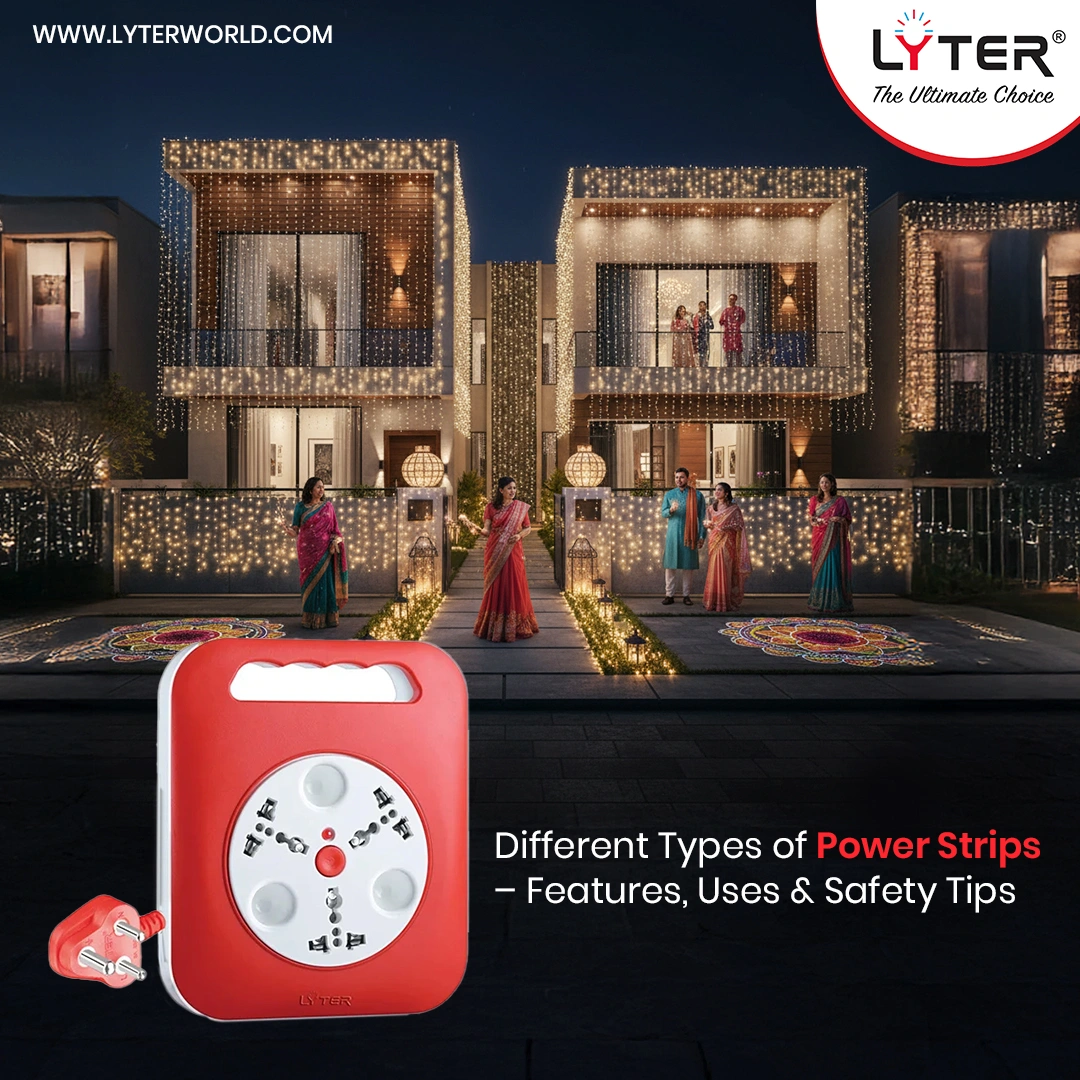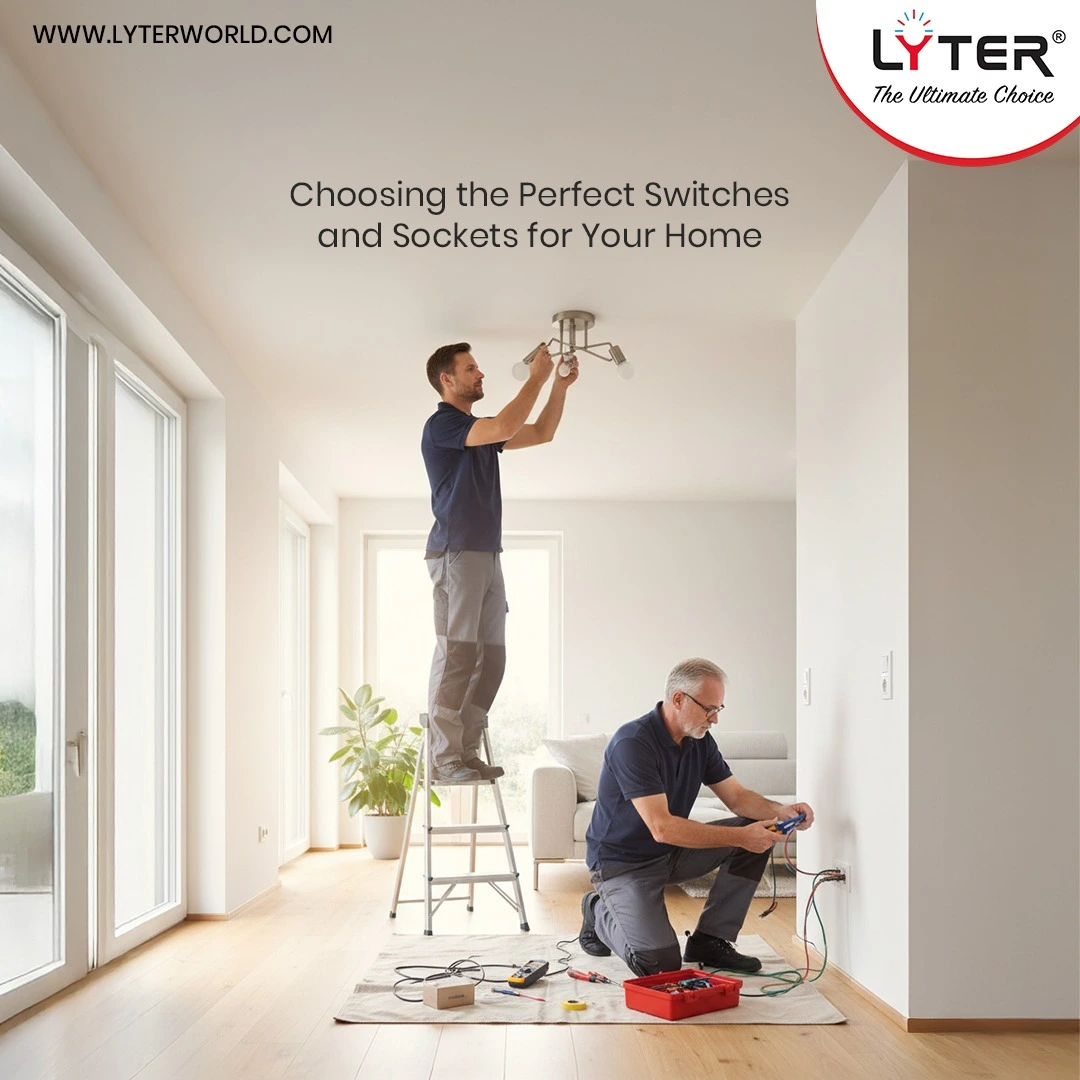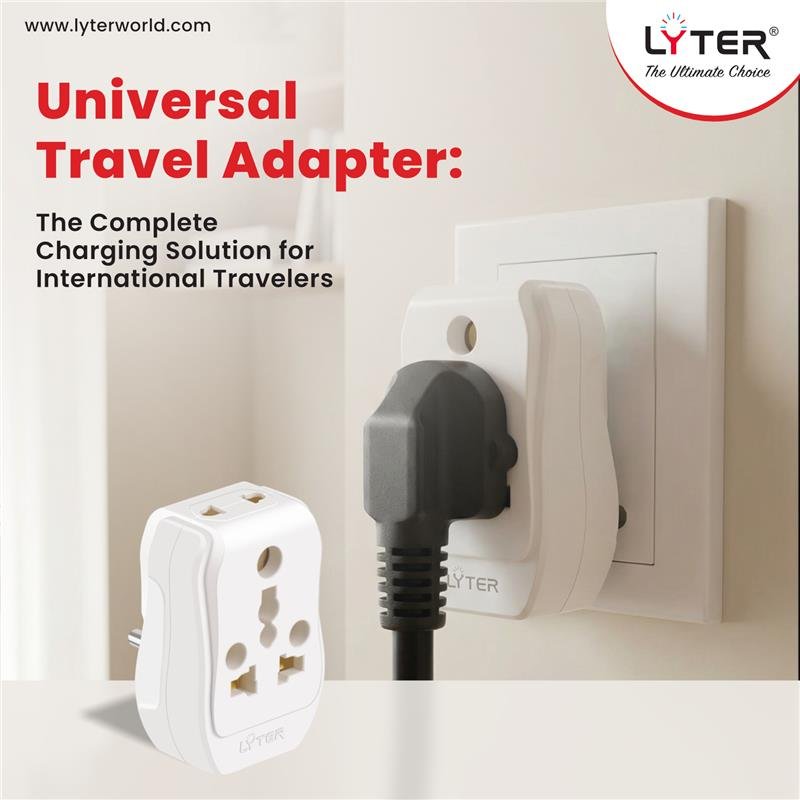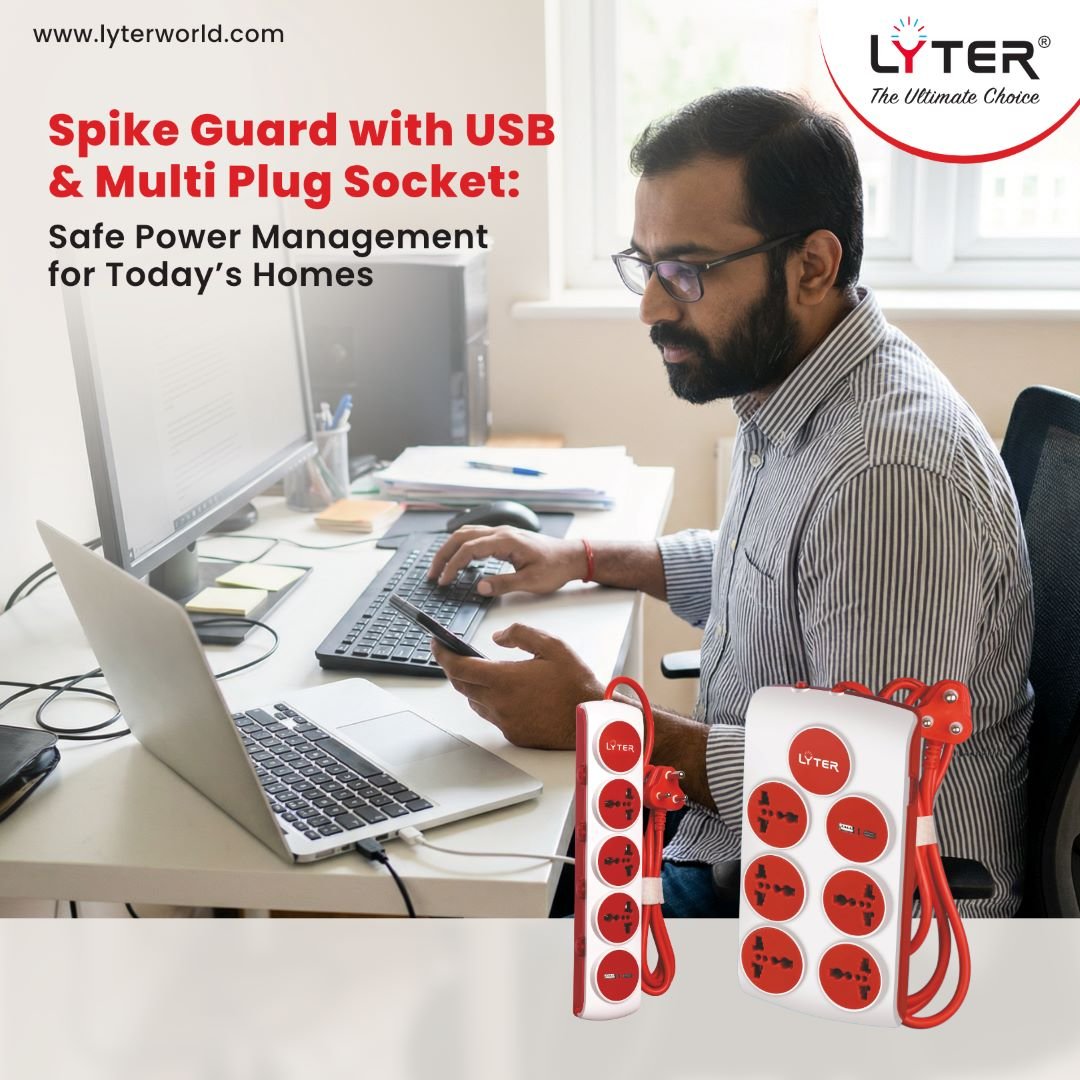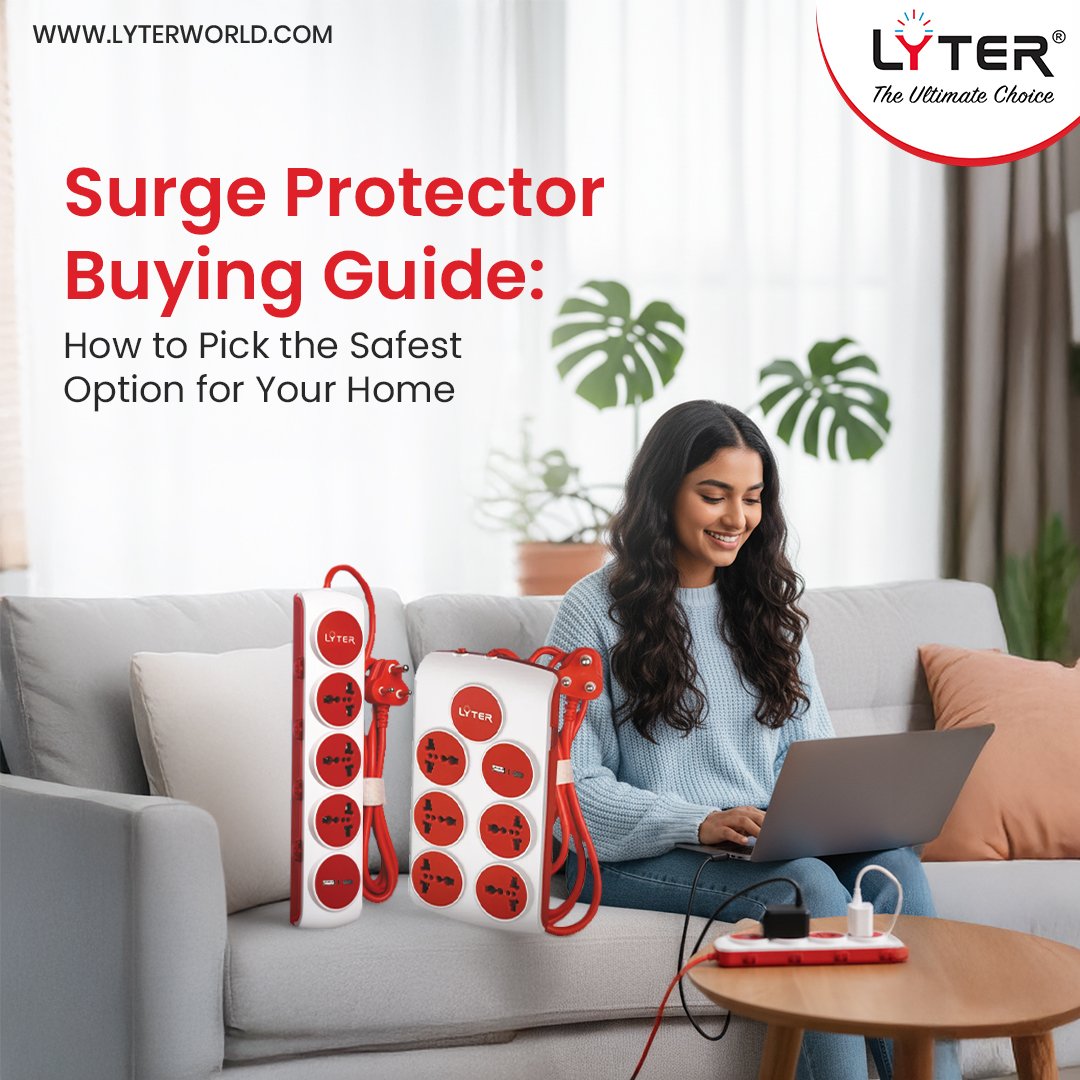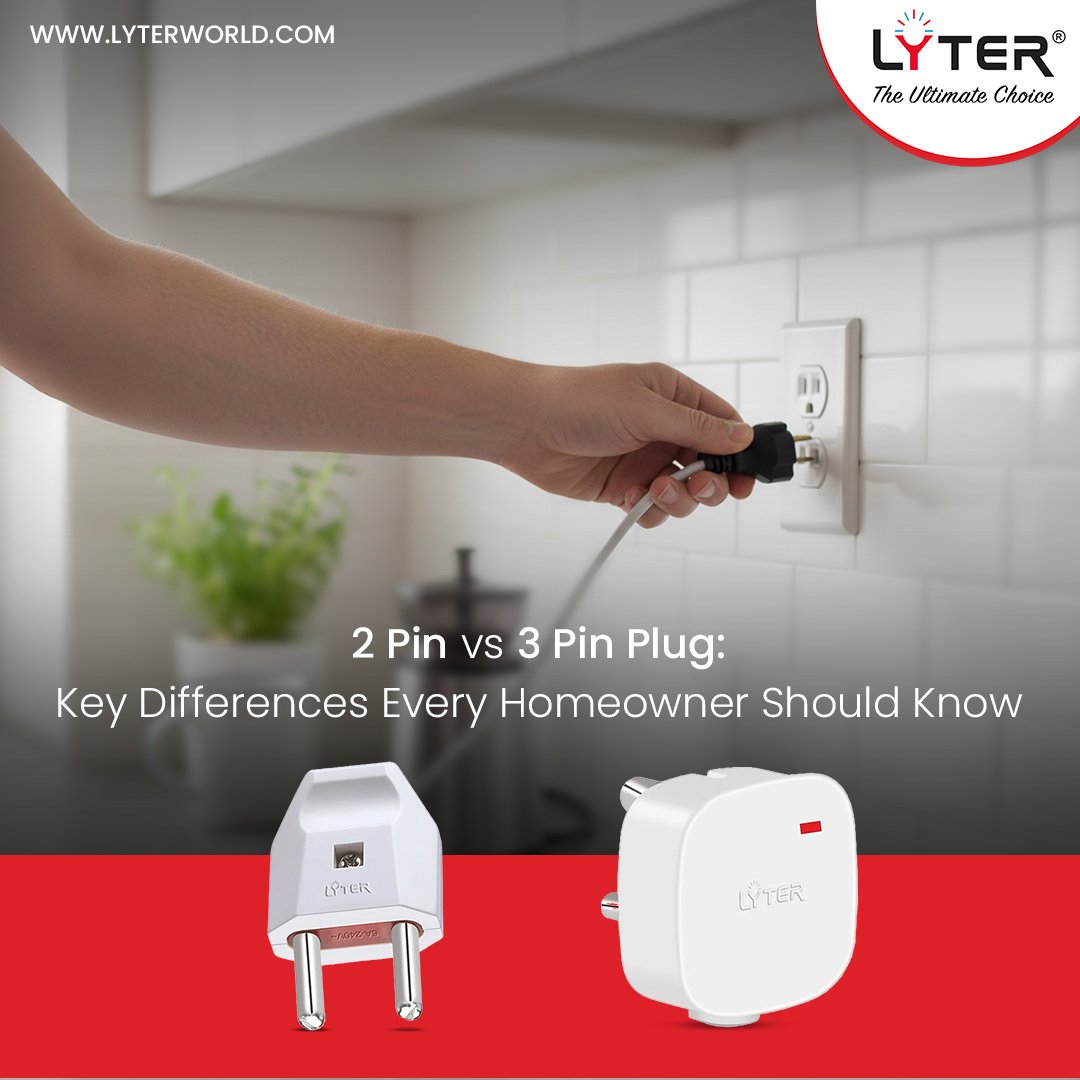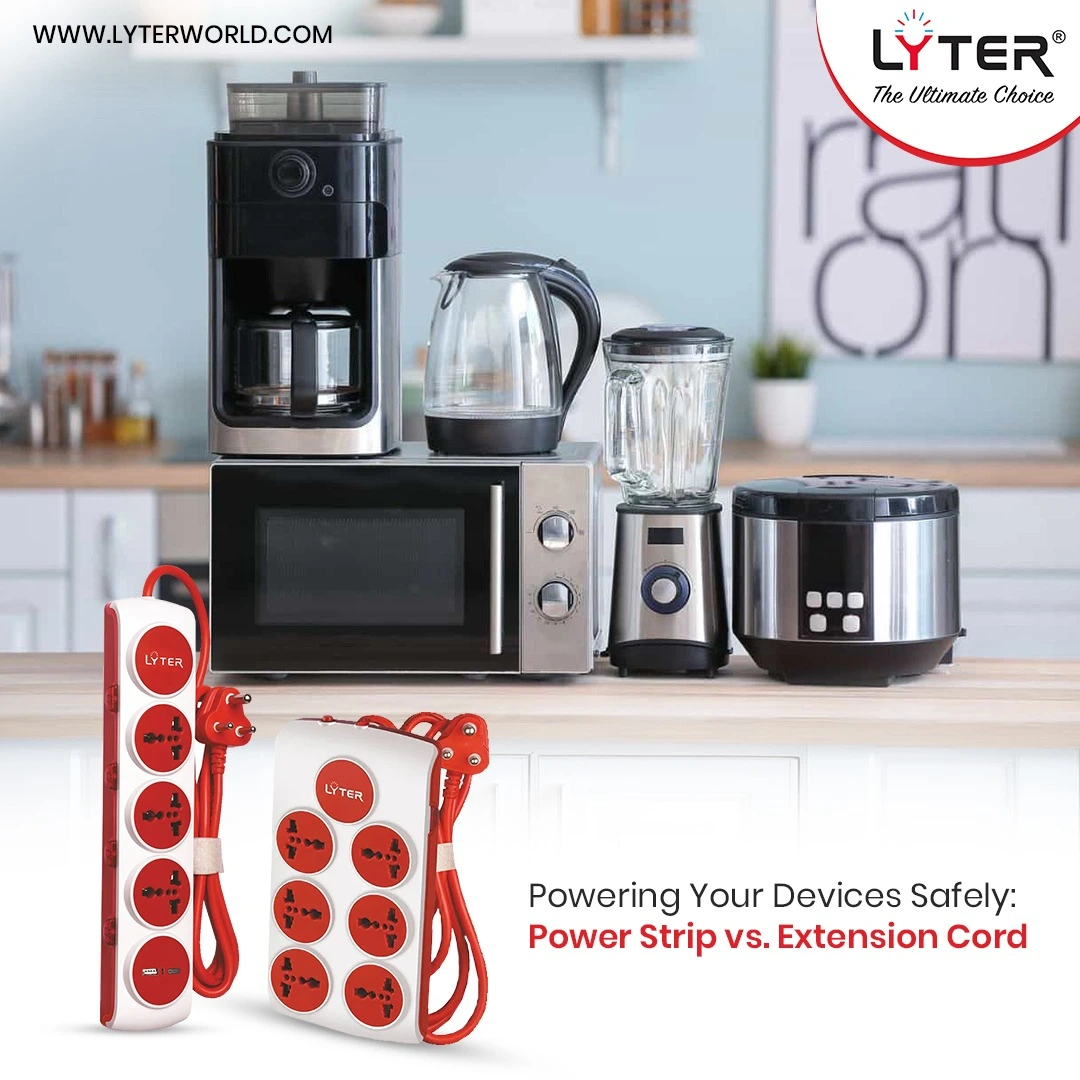Every modern household must have electric appliances. We use them regularly for anything from water heaters to air conditioners, refrigerators, and kitchen mixers. However, certain appliances may carry warnings that read, “Do not use with an extension cord.”
Although this label may appear excessively cautious, there is a good reason for it. Ignoring it might result in diminished appliance performance, damaged gadgets, or electrical fires. We’ll outline the dangers, indicate when it’s safe, and offer advice on how to purchase an extension cord online in India in this tutorial.
This blog will teach you the best practices for using extension cords as well as the dos and don’ts.
Why Manufacturers Advise Against Extension Cords
With the help of extension cords, you may conveniently reach distant outlets. But not every wire is made to support high-power gadgets. Some appliances should not be used with power strips or extension cords for the following reasons:
1. High Current Draw
High currents are drawn by appliances such as air conditioners, heaters, microwaves, and washing machines. An extension cord that is too thin or has a low rating could overheat and cause a fire. The cord may be overstressed beyond its permissible limits, even if the device appears to be functioning properly.
2. Voltage Drop
Cords that are too long or of poor quality might lower the voltage. This may shorten the lifespan of your equipment by causing the motor of delicate appliances, such as air conditioners or refrigerators, to overheat or fail prematurely. That’s why it is very important to check and understand everything before buying an extension cord online.
3. Lack of Surge Protection
Some power strips and the majority of simple extension cords lack integrated surge protection. Appliances that are attached to these cords are nevertheless vulnerable to voltage spikes caused by lightning strikes, power outages, or the switching of heavy machinery.
4. Warranty & Safety Compliance
Manufacturers of appliances test their products under particular circumstances. Because using an extension cord changes the electrical configuration from the verified norm, it may void warranties.
When It’s Safe to Use an Extension Cord
Not all extension cords are unsafe. You can use them safely if you take the appropriate precautions. When buying an extension cord online, look for the following information:
- Verify the cord’s rating against the device: Ensure the cord’s and the appliance’s wattage and current ratings match.
- Use short, thick-gauge cords: For high-power equipment, a 14-gauge or 16-gauge cord is preferable.
- Prefer power strips with surge protection: An extension cord with built-in surge protection is the best option for devices like routers, TVs, and laptops.
- Purchase from reliable brands: Look for the top-rated extension cord in India from reputable manufacturers. Certified cords undergo durability and safety testing.
Power Strips vs. Extension Cords
Whether a power strip is safer than a standard extension cord is a question that many people have. Here’s the difference:
Extension cords for power strips are designed to connect multiple devices and often feature surge protection built in. Low-power gadgets, such as routers, lamps, and chargers, can be safely used.
Power strips should never be used with high-power equipment, such as washing machines, microwaves, or heaters. It is always safer to connect directly to the wall.
Convenience is guaranteed without compromising safety when the proper combination is used.
How to Buy a Safe Extension Cord Online
The following advice should be taken into account when purchasing an extension cord online:
- Verify the rating for amperage: Ensure the cord meets or exceeds the power requirements of your appliance.
- Select heavy-gauge cables: Thick wires (lower gauge number) lessen the risk of overheating for high-wattage devices.
- For electronics in particular, look for surge protection.
- Purchase from reliable suppliers: Indian producers of electrical accessories or certified brands guarantee adherence to safety regulations.
- Avoid daisy-chaining cords: There is a higher risk of fire when multiple cords are connected.
Real-Life Examples
- Using a microwave with a standard extension cord can cause the cord to heat up, potentially melting the insulation.
- Plugging a laptop or TV into a surge-protected power strip is safe and can prevent damage from voltage spikes.
- Heavy appliances, such as air conditioners, connected via thin cords may trip the main circuit breaker or damage internal motors.
Your Essential Guide to Using Extension Cords Safely
Understanding how to use extension cords properly is essential for safety, as not all of them are created equal. Microwaves, air conditioners, and heaters are examples of high-power appliances that should never be connected to a standard power strip extension. Instead, they should be plugged straight into a wall socket or into a heavy-duty wire that is rated for such loads.
However, using high-quality cords with low-power devices, such as fans, chargers, or lamps, is usually safe. Shorter power strip extension cords are generally safer than longer ones because the latter may lower voltage and increase the risk of overheating, particularly when using high-wattage equipment. Always purchase extension cords from reputable websites or approved Indian brands that provide long-lasting, heavy-duty, surge-protected solutions for total peace of mind.
Get the Best Quality Extension Cord from Lyter
Extension cords and power strips are convenient, but they also come with responsibility. High-power appliances should always connect directly to the wall, while low-power devices can safely use quality cords or surge-protected power strips.
At Lyter World, we provide high-quality electrical accessories, including the best extension cord in India and surge-protected power strips designed for safety, reliability, and convenience. Choosing the right product protects your devices, your home, and your peace of mind.

